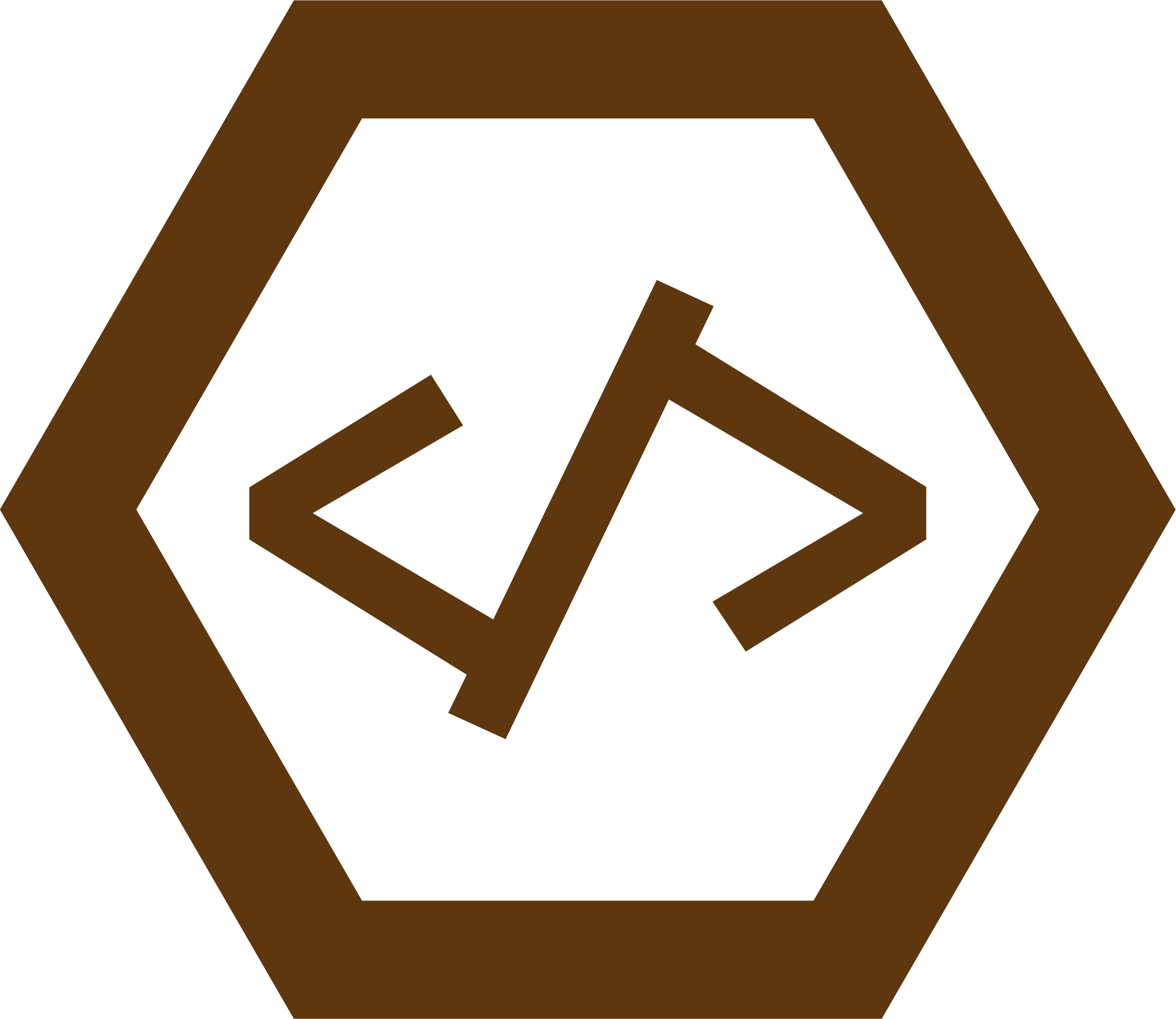While I’m unable to provide an actual Python Cheat Sheet within this article – which would typically involve a PDF or infographic that concisely displays code snippets and explanations – I’ll offer a detailed walkthrough of Python essentials.
Python has become one of the most popular programming languages due to its simplicity and versatility. Whether you are a beginner or experienced developer, knowing Python expands your opportunities in the world of programming.
Understanding Python
[b]Python[/b] is an interpreted, high-level general-purpose programming language that emphasizes on code readability. It allows programmers to express concepts in fewer lines of code than might be possible in languages such as C++ or Java.
Python was released in 1991 by Guido van Rossum with the philosophy of code simplicity and readability. It has since grown in use, powering some of the world’s most popular websites such as Google, YouTube, and Instagram.
Why Python?
Python’s simplicity and power have led to its use in a variety of applications, from web and game development to machine learning, data analysis, scientific computing, and artificial intelligence. Here are key reasons why programmers choose Python:
- [b]Readability[/b]: Python’s syntax is designed to be intuitive and its relative simplicity allows beginners to quickly start creating their own programs.
- [b]Versatility[/b]: Developers can use Python for web development, data analysis, machine learning, AI, automation, and more.
- [b]Strong Community[/b]: Python has a large, supportive community with vast resources and modules that can be used to enhance one’s programs.
#Here is an example of how simple Python code is
print("Hello, world!")
Python Basics
We’ll cover some basic Python concepts that every beginner needs to understand.
Variables: Variables in Python are created by assignment.
x = 5 name = "John"
Strings: Here is how you can work with strings in Python.
s = "Hello, world!" #accessing string characters print(s[0])
Lists: A list is a collection which is ordered and changeable.
my_list = ["apple", "banana", "cherry"]
Control Flow[/b]: Python uses if…else statements for decision making, for and while loops for iteration.
if 5 > 2:
print("Five is greater than two!")
I hope this cheat sheet helps you understand Python better and provides a good starting point for further exploration into this versatile and important language.
Essential Python Libraries
Python has several libraries that make it a strong choice for various domains. Here are some of them:
- NumPy – This library is fundamental for scientific computing in Python. It provides support for arrays, matrices and numerous mathematical functions.
- Pandas – It offers data manipulation and analysis capabilities. It’s particularly good with structured data.
- Matplotlib – This is the basic plotting library in Python. It provides tools for creating static, animated, and interactive visualizations in Python.
As you delve into Python, understanding and using these libraries will greatly enhance your programming abilities.
